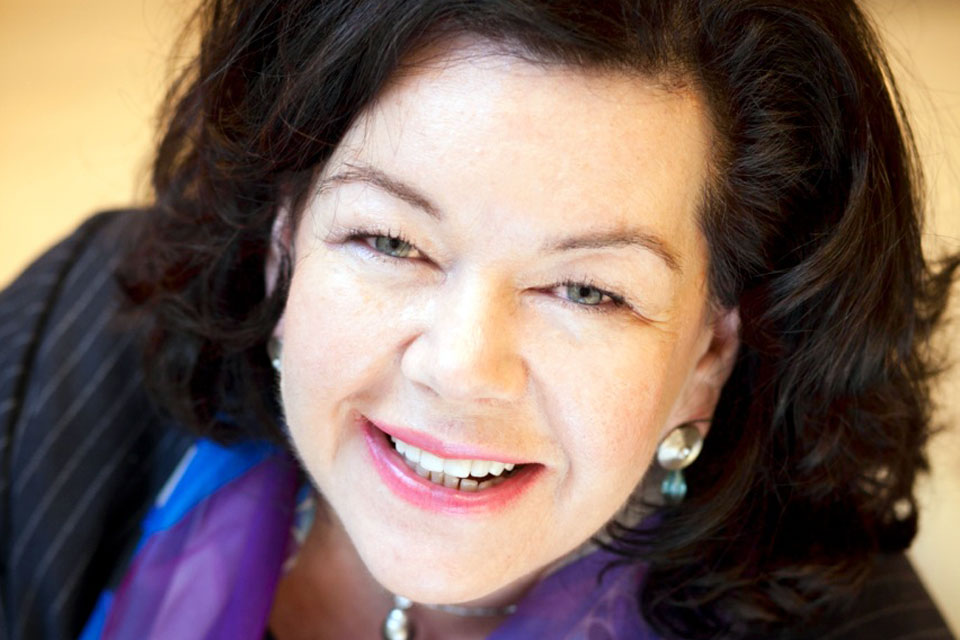A need for a durable cessation of hostilities in Tripoli
Statement by Ambassador Karen Pierce, UK Permanent Representative to the United Nations, at the Security Council Briefing on Libya.

Thank you very much Mr President. Thank you very much to the Special Representative both for your very sobering briefing but also for all your work on Libya and also through you, perhaps we could pass on thanks to your team.
I think the first point I’d like to make is to strongly condemn the violence, the escalation of violence in and around Tripoli that’s caused many casualties and endangered the lives of innocent civilians. This doesn’t help the Libyan people, but it also doesn’t help the cause of Libya’s stability. And while the results of mediation efforts reached yesterday in Tripoli by UNSMIL are very welcome, hopefully they will help us de-escalate the violence and ensure the protection of the civilians. But I think from what the SRSG said, it’s very clear there’s a lot more to be done and there are a lot of underlying factors that really need to be tackled.
I wanted to set out our very strong support for the SRSG. We need a durable cessation of hostilities in Tripoli. That’s a critical step to advancing the political process in accordance with the UN Action Plan. We call on all parties to cease hostilities and abide by the ceasefire agreement brokered by the UN immediately. We reiterate our support for the President of the Presidency Council and the Government of National Accord as they work with the UN to promote reconciliation and a Libyan-led political process. I think this is underscored even more by the events in Tripoli. A more inclusive political settlement will help bring greater stability to Libya. It is a truism, but the whole point of truisms is that they are correct. The Secretary-General’s 24 August report on UNSMIL rightly highlights the need for progress on the implementation of the UN Action Plan.
I also want to express UK support for elections this year. Elections are an important part of Libya’s transition, but it will be necessary to ensure sufficient political, security and technical preparations are made so that they have the effect of uniting Libya. And it will be important to ensure a robust legal framework is in place and that there is sufficient political consensus to avoid exacerbating existing divisions in Libya.
The CT threat - of course that’s a very important issue, but I just wanted to register our concern at the humanitarian situation in Derna and to emphasize the need to allow humanitarian access for the civilian population, and to say that those responsible for human rights abuses will need to be held to account.
Based on that, Mr President, we have a number of action points that we would like to call for today. I think the first call is on all Libyan parties to refrain from actions that undermine the ceasefire announcement, jeopardize the security of civilians, or set back Libya’s efforts to advance the political process.
I think the second is to call on the House of Representatives to deliver progress on a constitutional basis for the elections. What we heard from the SRSG was frankly dismaying about the problem. Failure to sort this out will cause further stagnation and the only people who will lose are the Libyan people. We call on Libya’s leaders to work together to address the suffering of the Libyan people. While election preparations are underway, they urgently need to agree economic reforms and to unify Libya’s economic institutions to ensure a more equitable distribution of wealth across the country.
We also encourage progress on the Prime Minister’s request to enhance transparency in the Central Bank of Libya.
Finally, Mr President, a word about oil. We welcome the resolution of recent events in the oil crescent and we welcome that Libya’s National Oil Corporation is continuing its vital work on behalf of all Libyans. The priority now is to repair infrastructure on contractual obligations and, having lifted the state of emergency in eastern Libya, to restore oil exports and production.
It’s very important, I think, Mr President, the Council remains in very close touch with the Special Representative given the situation on the ground. We’re very happy to do that. If Council members would find it helpful, we’re also ready to circulate a draft press statement. Thank you.